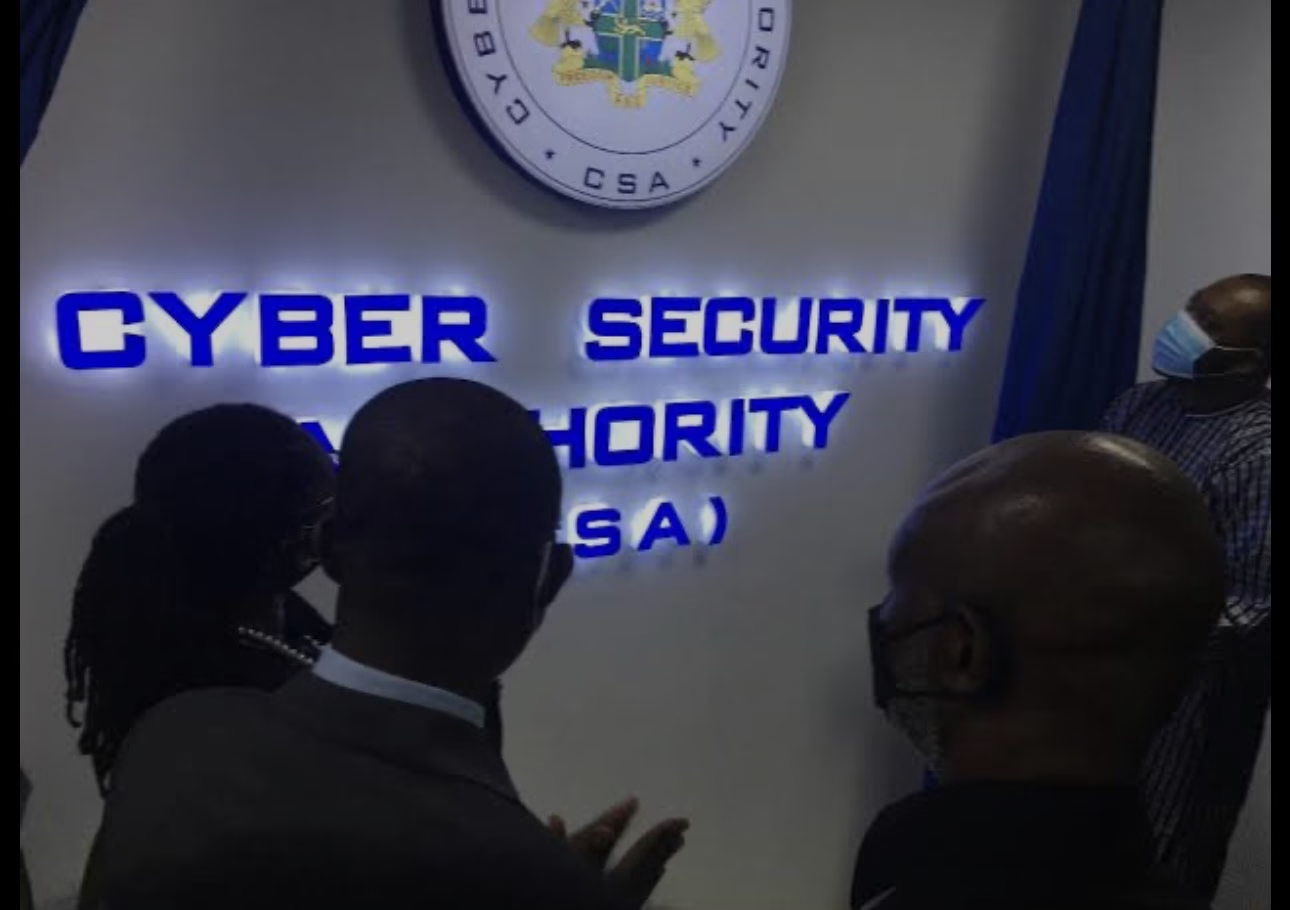New Cyber-Security Bill: A Threat to Free Speech and Transparency?

The draft Cybersecurity (Amendment) Bill, 2025 being advanced by the government has sparked sharp criticism from civil society, media practitioners and opposition parties who say the proposed changes amount to a revival of criminal libel and pose a grave risk to citizens’ rights.
According to the draft bill published recently, the Cyber Security Authority would receive expanded powers to investigate and prosecute cyber-crimes, access computer data, conduct inspections and regulate digital infrastructure.
Key concerns raised
− The bill appears to limit the right of a person who is summoned by the police (or an authorised authority) to refuse to disclose content of conversations or data, even when the individual has recorded a conversation in which they are a participant. Critics argue this undermines citizens’ ability to blow the whistle or disclose evidence of wrongdoing.
− The draft also asserts that any document issued by court or authority, even when in the hands of an accused person (for example, a charge sheet in a murder or theft case), may not be freely disclosed if it falls within certain data categories—contrary to the widely held view that such documents are public records.
− Further, the bill introduces broad provisions criminalising the deletion, alteration or suppression of computer data, going beyond the original scope of cyber-fraud. For example, the insertion of new Section 94A and 94B targets “input, alteration, deletion or suppression of computer data” and considers such action an offence of forgery or fraud.
Civil society alarm
Media experts and free-speech advocates argue that the draft amounts to a “reincarnation of criminal libel law”. On the broadcast platform Dr Tiah Kabiru Mahama described the bill as:
“We’ve gone past the era of the Preventive Detention Act and criminal libel.”
The parliamentary minority has vowed to resist the bill, warning that its passage would erode transparency, accountability and the constitutional right to free expression.
Government position and the balancing act
Proponents of the amendment argue it is necessary to strengthen Ghana’s capacity to combat sophisticated cyber-threats, protect critical information infrastructure, and bring Ghana in line with global digital-security standards. The bill expands the objects of the Authority to include: “to prevent and detect cybercrime” and “promote online protection of women, elderly, persons with disabilities and underserved populations.”
However, critics say that while the objectives may be laudable, the draft lacks adequate safeguards for civil liberties. The concerns centre especially on broad, vague definitions of “critical information infrastructure” and the expansive discretion granted to authorities to order preservation, seizure or production of data, with minimal transparency or oversight.
Why the alarm bells ring
- Transparency vs secrecy: The idea that a person charged by court cannot freely disclose the charge sheet contradicts the principle that court documents are public unless sealed for national-security reasons.
- Participation & whistle-blowing: The restriction on a person who recorded a conversation (even if they were a participant) from disclosing it to stop a crime raises serious questions about the bill’s treatment of self-help, citizen journalism and the right to warn.
- Deleting data = major crime: While data tampering in cyber-fraud is a legitimate concern, the drafting suggests deletion of “computer data” in many contexts may attract heavy penalties — raising fears of criminalising normal behaviour like erasing one’s text messages or logs.
- Free speech chilling effect: With broad definitions of online harassment, false identity creation, and spread of “false or misleading information,” the threshold for criminal liability is seen as dangerously low.
What next?
The bill is expected to be tabled before Parliament for debate. Stakeholders are calling for:
- A full public consultation on the draft to ensure rights protections are built in.
- Clear carve-outs for whistle-blower disclosures and properly public documents.
- Defined boundaries for state powers to inspect, seize and freeze data – with independent oversight.
- Safeguards against misuse of the law to stifle investigative journalism, activism or political dissent.
Final word
While protecting the digital space is undeniably important for Ghana’s economy and security, the current form of the Cybersecurity (Amendment) Bill raises alarmingly broad powers and insufficient safeguards. Unless amended, the law risks transforming into a tool of surveillance and restriction — rather than protection — of citizen rights.
wwe.nsemgh.com

